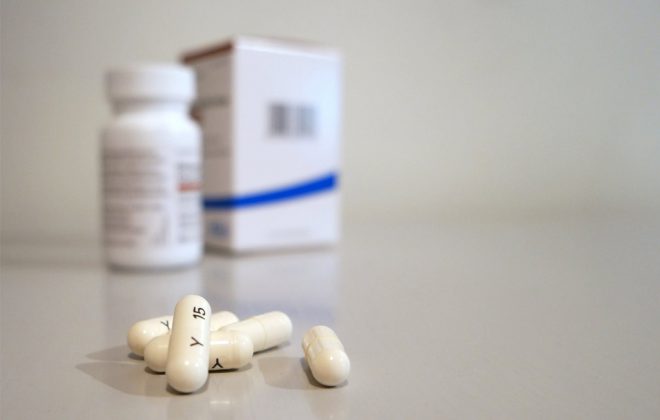Agrama launches new microbiological analysis to know the soil microbiota
Detection is carried out by molecular technique (PCR) and microbiological technique and quantification by microbiological technique.
Increasingly, microorganisms are used in agricultural processes due to the overall positive results observed in their application. They intervene in the biological cycle of various nutrients (solubilize phosphates, fix atmospheric N2, etc.), decompose organic remains in the soil, humidify organic matter, release nutrients making them assimilable by the plant, act as biostimulants, increase photosynthetic efficiency and chlorophyll content, they degrade soil pollutants and increase water uptake, providing more resistance to drought.
To complement our existing solutions in precision agriculture and fertility management, our laboratory is now capable of analyzing not only microbial biomass and soil respiration (used as an indicator of microbial and root activity) but other microbiological indicators of the soil during the crop cycles. In addition, our service can also evaluate the efficiency and adaptability of microorganisms used in various bioreparations and in the same organic products used as plant biostimulants.
AGRAMA is a leader in precision agriculture and soil fertility monitoring for the agricultural sector and believes that this analysis is a valuable tool to help the farmer improve their yields, soil sustainability and product quality.




